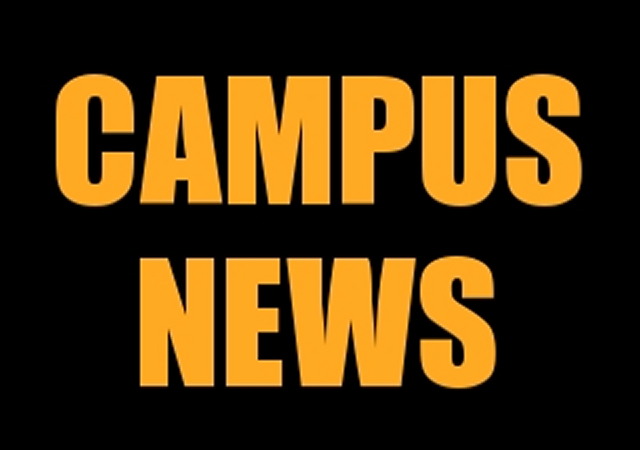President of Stanford University Announces Resignation Over Flaws in Research
“The Panel’s report identified some areas where I should have done better, and I accept the report’s conclusions”

This is exactly what academic leaders should do in this type of situation.
The College Fix reports:
Stanford President Marc Tessier-Lavigne resigns after flaws found in his research
Stanford University President Marc Tessier-Lavigne announced Wednesday he will resign his post August 31 after an investigation found flaws in his research.
Although the probe did not find fraud or misconduct in Tessier-Lavigne’s research, it determined data “were manipulated in some published scientific papers on which he was a main contributor,” The Wall Street Journal reported.
An investigative panel also said “he failed to decisively correct mistakes in published papers as they were uncovered and had lapses in oversight of his labs at multiple institutions,” the outlet reported.
A statement published on Stanford’s website from Tessier-Lavigne stated he is “gratified that the Panel concluded I did not engage in any fraud or falsification of scientific data. Specifically, the Panel did not find that I engaged in research misconduct regarding the twelve papers reviewed, nor did it find I had knowledge of or was reckless regarding research misconduct in my lab.”
“The Panel’s report identified some areas where I should have done better, and I accept the report’s conclusions,” he stated.
“Specifically, the report discusses steps I took to address issues that arose with some publications. I agree that in some instances I should have been more diligent when seeking corrections, and I regret that I was not. The Panel’s review also identified instances of manipulation of research data by others in my lab. Although I was unaware of these issues, I want to be clear that I take responsibility for the work of my lab members,” Tessier-Lavigne added.
As The College Fix previously reported, for the past seven years, public allegations about the research integrity of Tessier-Lavinge’s papers have been posted on PubPeer.
Donations tax deductible
to the full extent allowed by law.








Comments
did not find fraud or misconduct
data “were manipulated in some published scientific papers on which he was a main contributor,”
Ummm, that would be fraud. He might not have committed it, but it was fraud just the same. And if he was part of the study (unless he just lent it his name – which makes for other problems) he should have known there was fraud with the data. (And, yeah, they say he basically failed to do his scientific oversight duties. Well, that means fraud that he aided and abetted.) So, bullcarp. They let him off the hook so he could quietly go find another college in a couple of years, or to keep his pension.
Someone working for him is guilty of fraud. He’s “only” guilty of ineffective supervision, which was bad enough for a researcher – but when he moved from researcher to college president, he made supervision his whole job!
It was his lab. His name was on the article. Ultimately it’s his responsibility.
Yeah, but how did he do leading the struggle sessions?
“The Science” is getting a bad name. People get grants and fame for coming to conclusions, so they come to conclusions which maximize their benefit.
Design is destiny. h/t Scott Adams
Did he quit as a professor too, or will he be genteelly “returning to the faculty” after a “job well done” as president, even though his cited misdeeds were academic more than administrative?
He sounds like a “results oriented” research supervisor. People who were unwilling to cheat might not have received their PhD’s under such a bad boss, but those who were willing to cheat were well treated — with the little nagging doubt in the back of their minds that if caught, their whole academic careers could be upended too. Misconduct on your dissertation doesn’t sound very nice, unless of course you’re MLK.
And that’s how they build a compliant academy. Will people who know in the back of their minds that they continuation in academia and their reputations depend on the establishment’s continued approval, go against the grain on climate, vaxes, or any other controversial issue?